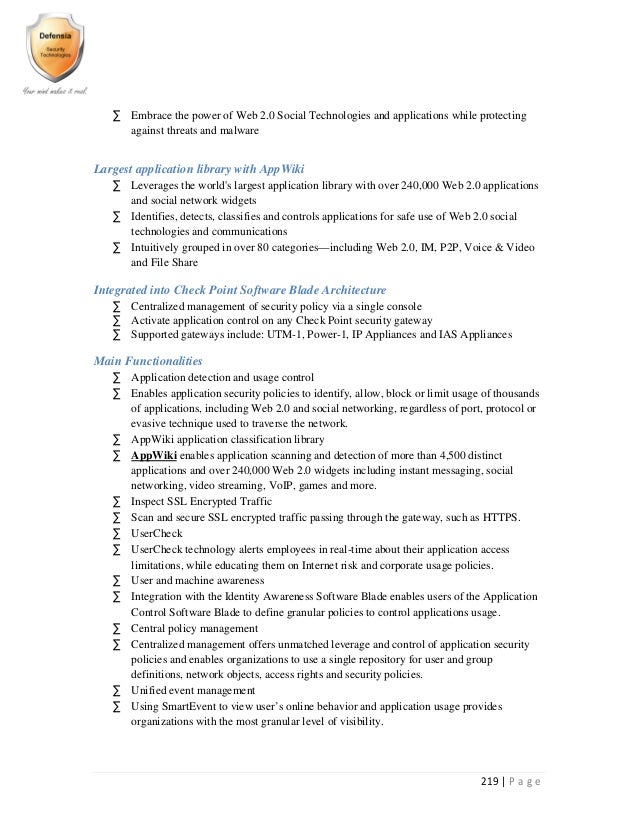Image source: http://www.truckinginfo.com/fc_images/blogs/m-166-truck-jump-1.jpg
Facts and Figures
"Tax" is no longer the optimum frequent three-letter be aware in the English language, although it is an inevitable a portion of our operating lives. Despite all of its unfavourable connotations, that is a obligatory evil that greases the wheels of our countrywide economic system. Without taxes that pay for our roads, infrastructure, defence and public health, we can be in a ravishing poor state in the uk.
Grass roots transport market employees (read: HGV drivers) see firsthand how the government puts (or doesn't positioned) taxes to use day by day. They utilise the big network of roads and motorways across the rustic to convey goods and maybe make a choice up a return load for the day out homestead, so it is solely fair that they might nonetheless make a contribution to their upkeep. However, the Freight Transport Association (FTA) has recently revealed a report, which trendy that the tax earnings raised from HGV drivers on my own is sufficient to be the one honestly source of funding for street preservation in the uk.
To excursion it down into numbers, around four.7 billion turned into spent in complete on protecting UK roads in the year covering 2015/2016. Taxes paid in relation to HGVs, which includes fuel duty, street levy and car excise, turned into four.four billion. On balance (or imbalance), the predicted can cost of harm to the infrastructure triggered by HGVs turned into just 1.5 billion. The complete tax accumulated from motorcars across the uk turned into 33.5 billion, which in itself turned into in excess of seven instances the definite budget for countrywide street preservation.
The report turned into ready by the FTA and RepGraph in time for the countrywide budget, concluding that "heavy nice vehicles pay three instances extra tax than the predicted can cost of harm to the infrastructure". The quantity of tax paid by HGV drivers in the uk equates to a whopping 94% of the spending on street preservation, that's naturally inequitable when in contrast to the quantity of the numerous street customers. Even if lorry drivers have been to make a choice up a lucrative return load on each and every day out they make, it turns out unfair that they will need to accurately be footing only the overall bill for street upkeep.
We're All in This Together
While no man or female can deny that lorry drivers rely on the preservation of roads to facilitate their livelihoods and that they might nonetheless naturally pay their fair share, the FTA report begs the query: are HGV drivers paying extra than their fair share of taxes in the uk?
Tax and the HGV Driver
Everybody suffers when Britain's roads are no longer up to par, and preservation is no longer with reference to filling in potholes it is about lengthy-standing street works, closures and traffic disruptions. All of that results in congestion, which inevitably has unfavourable affects on the two our surroundings and the economic system.
Author Plate
Norman Dulwich is a Correspondent for Haulage Exchange, the principal on-line trade network for the street transport market. Connecting logistics experts across the uk and Europe through their on-line page, Haulage Exchange adds services for matching plenty and return load jobs with on hand drivers. Over four,800 transport trade firms are networked together through their on-line page, trading jobs and prospective in a secure 'wholesale' environment.
As the largest membership association in the logistics sector, the FTA acts as a voice for around half of of our UK transport team. Their report for the budget shows that Britain's roads are nonetheless no longer supported accurately sufficient and, in highlighting the inequity of the tax paid by HGV drivers, they're calling for the government to produce extra funds for Highways England to make bound that the most lifelike quality of the nations roads are stronger and "fit for objective".

